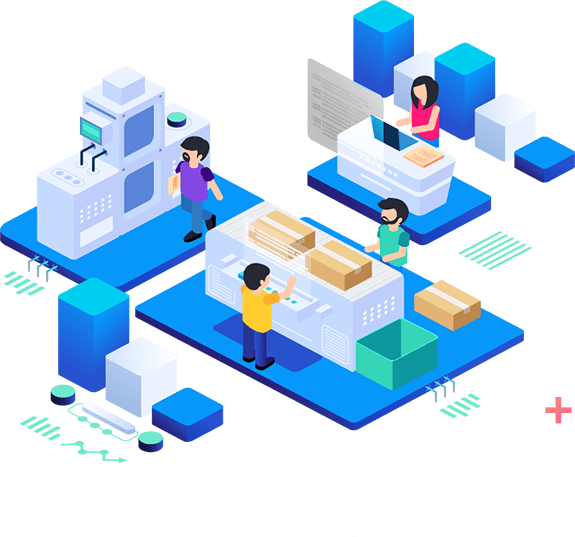Description
A business or corporate app is a comprehensive software solution designed to address the unique operational and management needs of a company or enterprise. It serves as a sophisticated digital tool that enables businesses to streamline processes, enhance communication, and optimize overall efficiency. These apps are meticulously tailored to cater to the specific requirements of the organization, facilitating improved collaboration, data management, and customer interaction.
Here’s a detailed breakdown of the key features and functionalities that a business or corporate app can offer:
- Communication Enhancement: Business apps often include features such as real-time messaging, video conferencing, and collaborative tools, allowing employees, teams, and stakeholders to communicate seamlessly regardless of location.
- Document Management: These apps provide a centralized repository for storing, sharing, and accessing documents, contracts, and other important files. This ensures data security and facilitates easy information exchange.
- Task and Project Management: Business apps can include task tracking, project planning, and workflow automation features. This helps teams stay organized, meet deadlines, and collaborate effectively on projects.
- Employee Collaboration: Corporate apps foster team collaboration by providing discussion forums, shared calendars, and collaboration spaces. This boosts productivity and encourages knowledge sharing.
- HR Management: Some apps include HR functionalities like employee profiles, leave management, attendance tracking, and performance evaluation tools, streamlining HR processes.
- Analytics and Reporting: Business apps often integrate reporting and analytics tools to provide insights into key metrics, helping businesses make data-driven decisions.
- Client Interaction: For client-facing businesses, these apps can offer features like client portals, appointment scheduling, and customer relationship management (CRM) tools to enhance client interaction and satisfaction.
- Sales and Marketing Tools: These apps may include sales pipeline management, lead tracking, and marketing campaign tracking to support the sales and marketing teams.
- Secure Access: Security features, including user authentication, role-based access control, and data encryption, are critical to ensure sensitive business information remains protected.
- Integration Capabilities: Business apps can integrate with existing software systems, databases, and third-party tools, enabling a seamless flow of information and data.
- Customization: These apps are designed to be adaptable and customizable, allowing businesses to tailor the app to their specific needs and preferences.
At SS Marketing, we specialize in developing business and corporate apps that are finely tuned to your organization’s requirements. Our expertise in creating tailored solutions ensures that your app aligns with your business objectives, enhances productivity, and empowers your team to thrive in a digital-centric landscape.






